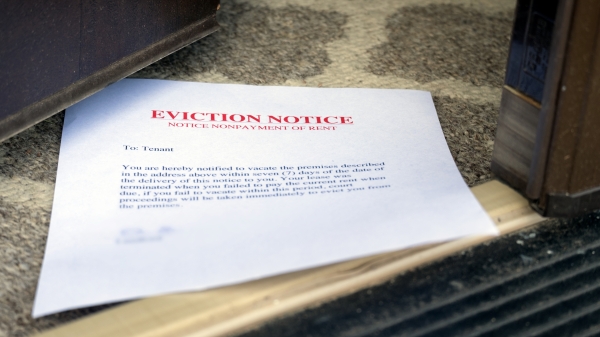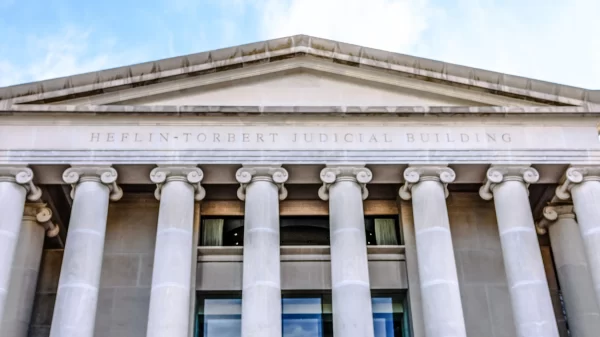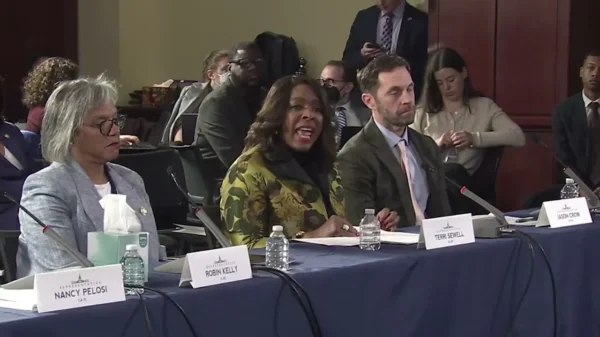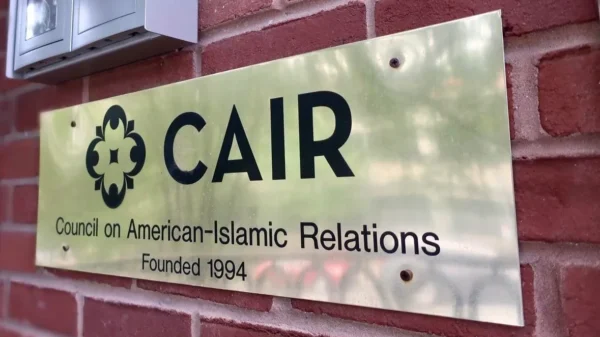Staff Report
Today, the US 11th Circuit Court of Appeals has handed down its ruling on Alabama’s immigration law HB56.
What we understand so far:
Sections they think will not withstand challenge…
Section 10 –creates a new state crime for an unlawfully present alien’s “willful failure to complete or carry an alien registration document.
Section 11–criminalizes an “unauthorized” alien’s application for, solicitation of, or performance of work, whether as an employee or independent contractor, inside the state of Alabama.
Section 13 creates three new state crimes similar to those codified in 8—First, it criminalizes the concealment, harboring, or shielding from detection of any alien, as well as any attempt to do so. Second, it criminalizes the act of encouraging or inducing an alien to “come to or reside in” Alabama. Third, it criminalizes transporting, attempting to transport, or conspiring to transport an alien “in furtherance of the unlawful presence of the alien in the United States.” An individual who engages in “conspiracy to be so transported” is also subject to prosecution.
Section 27 prohibits state courts from enforcing a contract to which an unlawfully present alien is a party, provided that the other party “had direct or constructive knowledge” of the alien’s unlawful presence and that performance of the contract would require the alien to remain in the state for more than twenty-four hours after its formation.
Section 28 provides a process for schools to collect data about the immigration status of students who enroll in public school. Schools are required to determine whether an enrolling child “was born outside the jurisdiction of the United States or is the child of an alien not lawfully present in the United States.
Sections they think will be upheld…
Section 12–Requires officers to determine a lawfully seized individual’s immigration status when the officer has reasonable suspicion that the seized individual is unlawfully present in the United States.
Section 18 amends a state provision governing drivers’ licenses. The preexisting statute required all drivers to possess a drivers’ license and display it upon the request of a proper state official. Section 18 adds that, when a driver is found to be in violation of subsection (a), a reasonable effort must be made within forty-eight hours to determine that driver’s citizenship and, if an alien, whether the individual is permissibly present in the country.
Section 30–prohibited unlawfully present aliens from entering, or attempting to enter, into a “business transaction” with the state or a political subdivision thereof.

















































